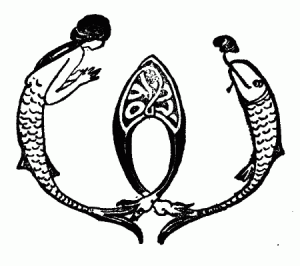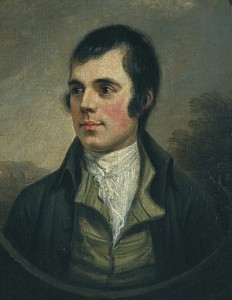The Seal Catcher and the Merman
 There was a man who lived not very far from John o’ Groat’s house, he lived in a little cottage by the sea-shore, and made his living by catching seals and selling their fur, which is very valuable.
There was a man who lived not very far from John o’ Groat’s house, he lived in a little cottage by the sea-shore, and made his living by catching seals and selling their fur, which is very valuable.
He earned a good deal of money in this way, for these creatures used to come out of the sea in large numbers, and lie on the rocks near his house basking in the sunshine, so that it was not difficult to creep up behind them and kill them.
Some of those seals were larger than others, and the country people used to call them “Roane,” and whisper that they were not seals at all, but Mermen and Merwomen, who came from a country of their own, far down under the ocean, who assumed this strange disguise in order that they might pass through the water, and come up to breathe the air of this earth of ours.
But the seal catcher only laughed at them, and said that those seals were most worth killing, for their skins were so big that he got an extra price for them.


